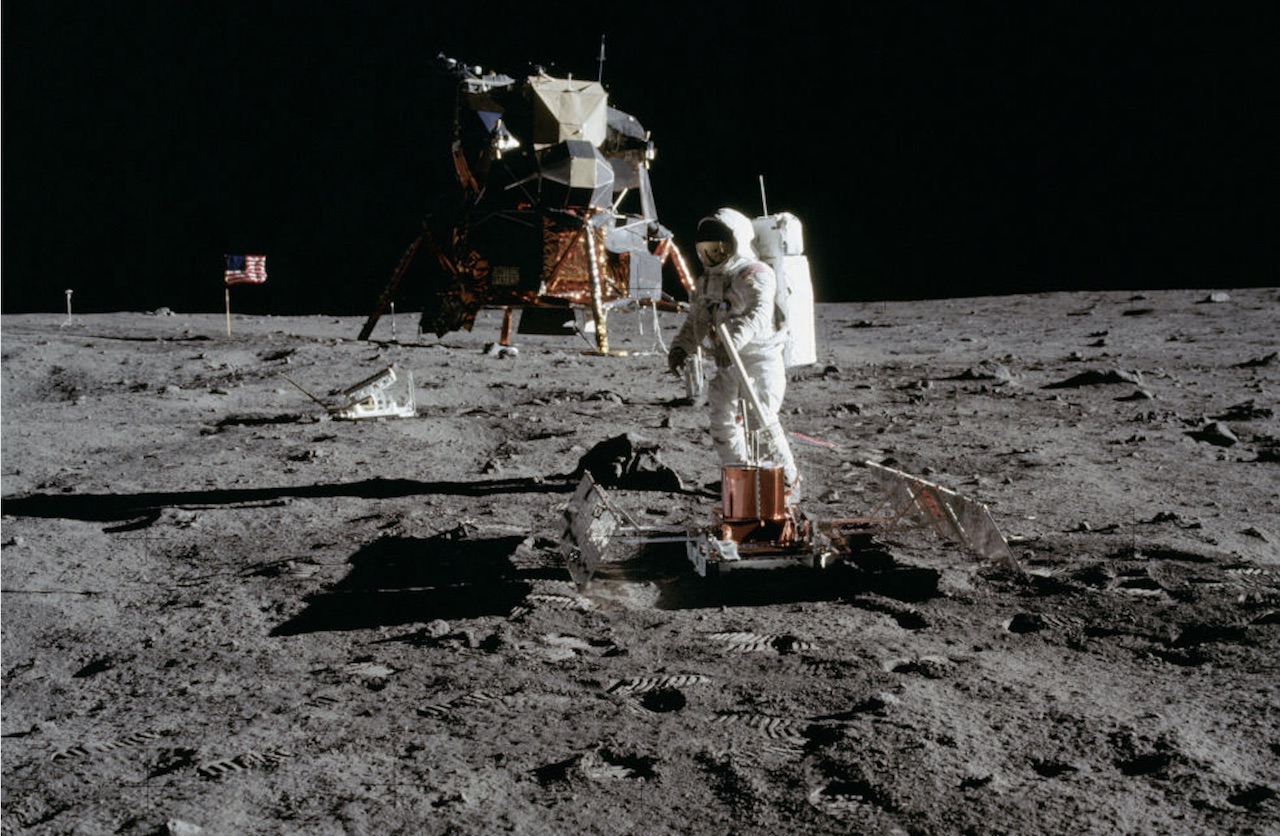

He’s a boy and then a man who has trouble figuring out his place in the world, which is also articulated by the character being played by three separate, all-remarkable actors. The film is divided into three chapters-“Little,” “Chiron” and “Black”-the three names used to refer to the same person that we follow from childhood through adolescence to adulthood. The protagonist of “Moonlight” reflects the conflicted and fluid masculinity of young African-American men in the United States, even in just the way he’s presented. Every performance, every shot choice, every piece of music, every lived-in setting-it’s one of those rare movies that just doesn’t take a wrong step, and climaxes in a scene not of CGI or twists but of dialogue that is one of the best single scenes in years.

Jenkins’ film is confident in every single aspect of the way that a critic can use that word. It is a movie in which deep, complex themes are reflected through character first and foremost. And yet it's never preachy or moralizing. It is one of those rare pieces of filmmaking that stays completely focused on its characters while also feeling like it’s dealing with universal themes about identity, sexuality, family, and, most of all, masculinity. “Moonlight” is a film that is both lyrical and deeply grounded in its character work, a balancing act that’s breathtaking to behold.

“Who is you, man?” Dramatic film has long been fascinated with issues of identity, but they’ve rarely been explored with the degree of eloquence and heartbreaking beauty as in Barry Jenkins’ masterful “Moonlight,” one of the essential American films of 2016.


 0 kommentar(er)
0 kommentar(er)
